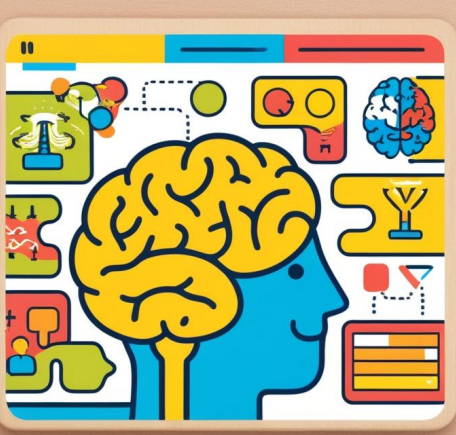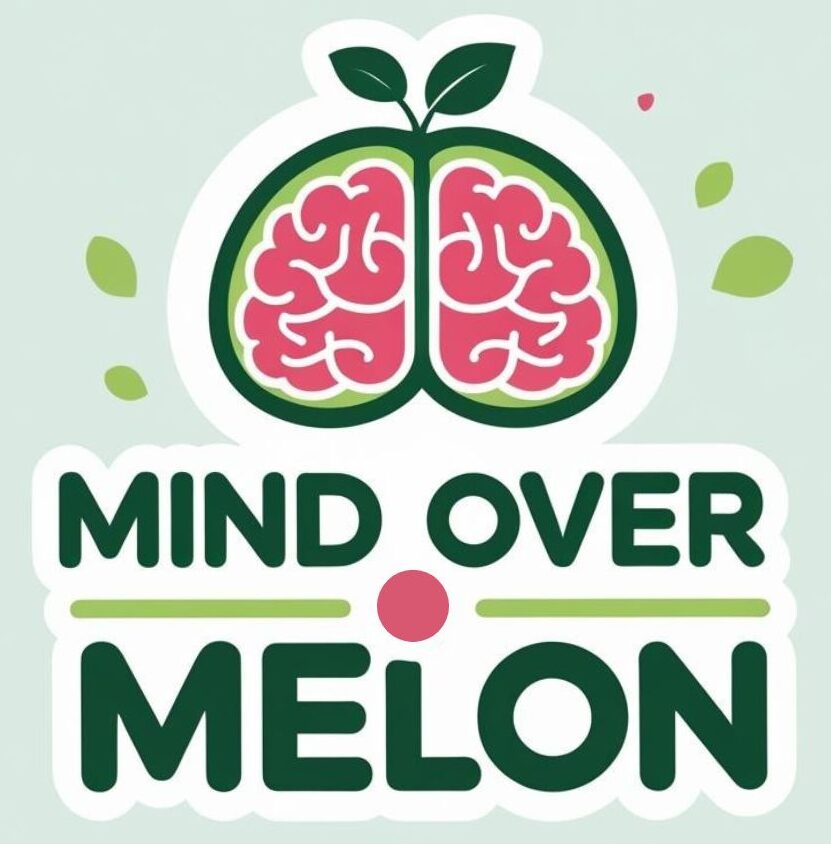
Brain training is like a workout for your brain, but how does it go beyond just boosting IQ or memory? To start, it’s essential to clear up common misconceptions. Brain training isn’t about turning into a mastermind overnight. Instead, it’s more about maintaining peak mental performance and flexibility as you age. Think of it as keeping your mind sharp like how regular exercise keeps your body fit.
Let’s talk about emotions. When cognitive functions are in check, your ability to manage stress and bounce back from life’s hiccups improves. Why is that? Brain games often call for puzzle-solving and adapting to new challenges, which, in turn, makes you more resilient to emotional stressors in real life. This means facing tough situations gracefully becomes second nature.
Ever found yourself in a heated argument and later thought, “I could’ve handled that better”? Brain training can come to the rescue by enhancing emotional intelligence. Skills like self-awareness and empathy benefit a lot from a brain that’s regularly challenged. Those cognitive flexes help in understanding not just your reactions but interpreting others’ emotions better too, smoothing the way for healthier relationships.
Of course, who doesn’t like feeling good? The positive emotional lift from brain training isn’t just hearsay. People who engage in regular mental exercise report elevated moods and even a decrease in depressive symptoms. And this isn’t just about feeling good on the inside; the confidence and clarity gained can spark positive changes in career and personal spaces too.
Digging into real stories from those who regularly engage in brain exercises reveals transformations that go beyond cognitive prowess. Whether it’s regaining emotional balance, finding joy in the mundane, or rekindling the spark in relationships, enthusiasts share that brain training has significantly impacted their emotional lives. Getting into brain training might feel like taking a leap, but imagine the payoff when you uncover new depths of emotional strength.
Science backs this up, with studies showing enhanced emotional outcomes for those who regularly train their brains. Insights from psychologists and neuroscientists shine light on how cognitive enhancement leads to better emotional management and even overall mental well-being. It’s about understanding your brain’s potential, tapping into it, and reaping those emotional benefits.
